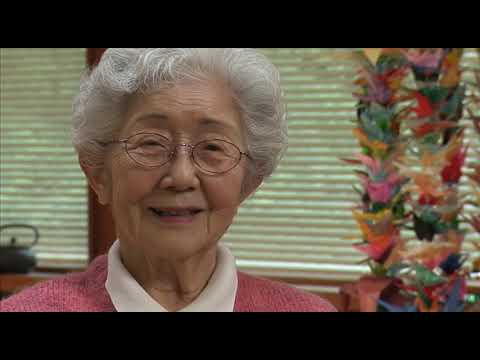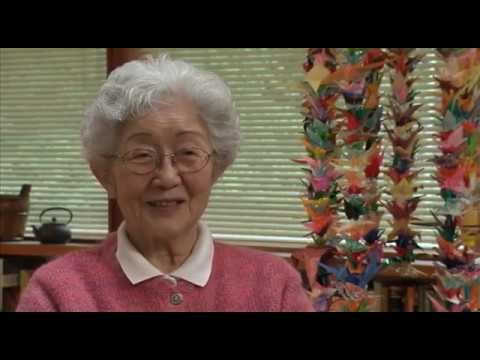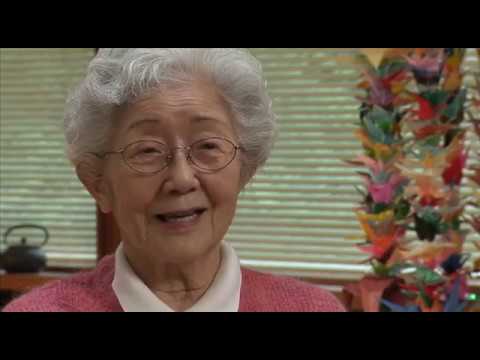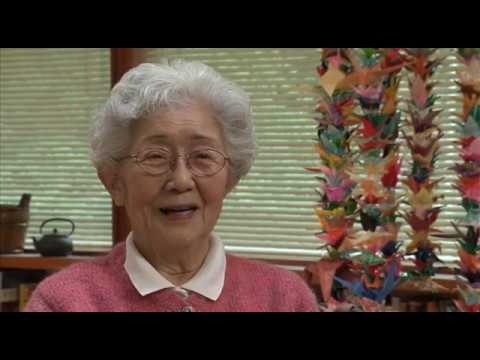Work in fields, Reverend Andrews and church retreats – Michi Noritake (OH0010)
Transcript
But Minidoka we had the privilege of leaving, visiting outside the camp. So a lot of them left the camp and went to work outside. And we had Reverend Andrews that was a Seattle Japanese minister, from Japanese Baptist Church, and my parents were member of that. And I was, we were, our girls were all member of that church, so we had the privilege of going to, into Twin Falls to be with our Reverend, Reverend Emery Andrews was his name.
And he would open his home, and we would get to go to his home, and then go out to eat sometimes, got to go shopping. And then the office at Minidoka would give us permission to go ride the bus and go see them and shop and then come home, and that was wonderful to be able to get out. Then I got to go, one year, I got to go to a Baptist retreat camp, and they needed girls to work on the table. And so we got to go, through Reverend Andrews, and we got to swim in the swimming pool, in between recreation and working on… we got to do lot of things, so we were very blessed that way. But it was wonderful that Reverend Andrews was there, so I don’t know how many times we got to leave camp and go. And then we used to have church service, so did Manzanar camp, we used to have church services.
And then, in Minidoka camp, got to the point where we could, little by little, everybody was leaving. Lot of ’em went to Chicago and lot of ’em went to cannery to work in Utah, Ogden, Utah. And so I had a chance of working out on the farm with, oh, there was how many of us that went? Six of us or something, couple boys and rest of us girls. My, but that was hard work. We had to, we went, got to go to a Pocatello farm to pick potatoes and sugar beets. [Laughs] We never worked so hard — we had to pick the potatoes in the hot sun and put these potato in 50–pound sacks or something. Oh, we had to drag them, fill them up, and we worked anyway. And then towards the end, we had, topping beets, sugar beets. And that was a lot of work. We had to top it, and then we had to load it onto the truck, and we never had, you know, on the strawberry farm, we never worked that hard. And sugar beets we had to top it, throw it onto the truck that came to pick it up. Oh, I don’t know how we did it, but we had to.
We went to earn money so that we could get out of camp and get some clothes to go home in, and the fall was coming. And so I remember by working those two jobs, picking spuds and working in a sugar, topping beets, we were able to make enough money to make clothes to get out of camp, so that we could either go to Colorado or somewhere to find jobs. I went to Denver several times. One time I had to work in a carpet factory, they were mending those Oriental rugs, you, one by one tie, and that was another nasty job.





